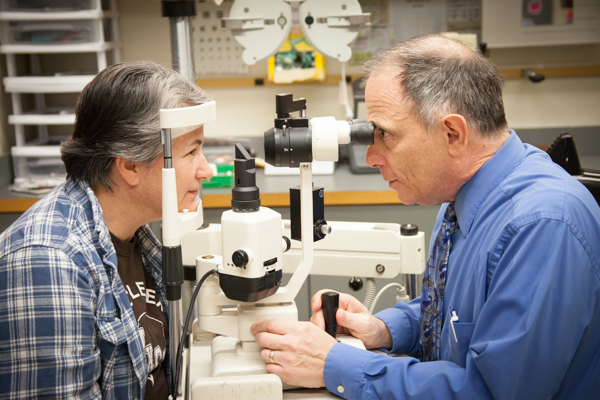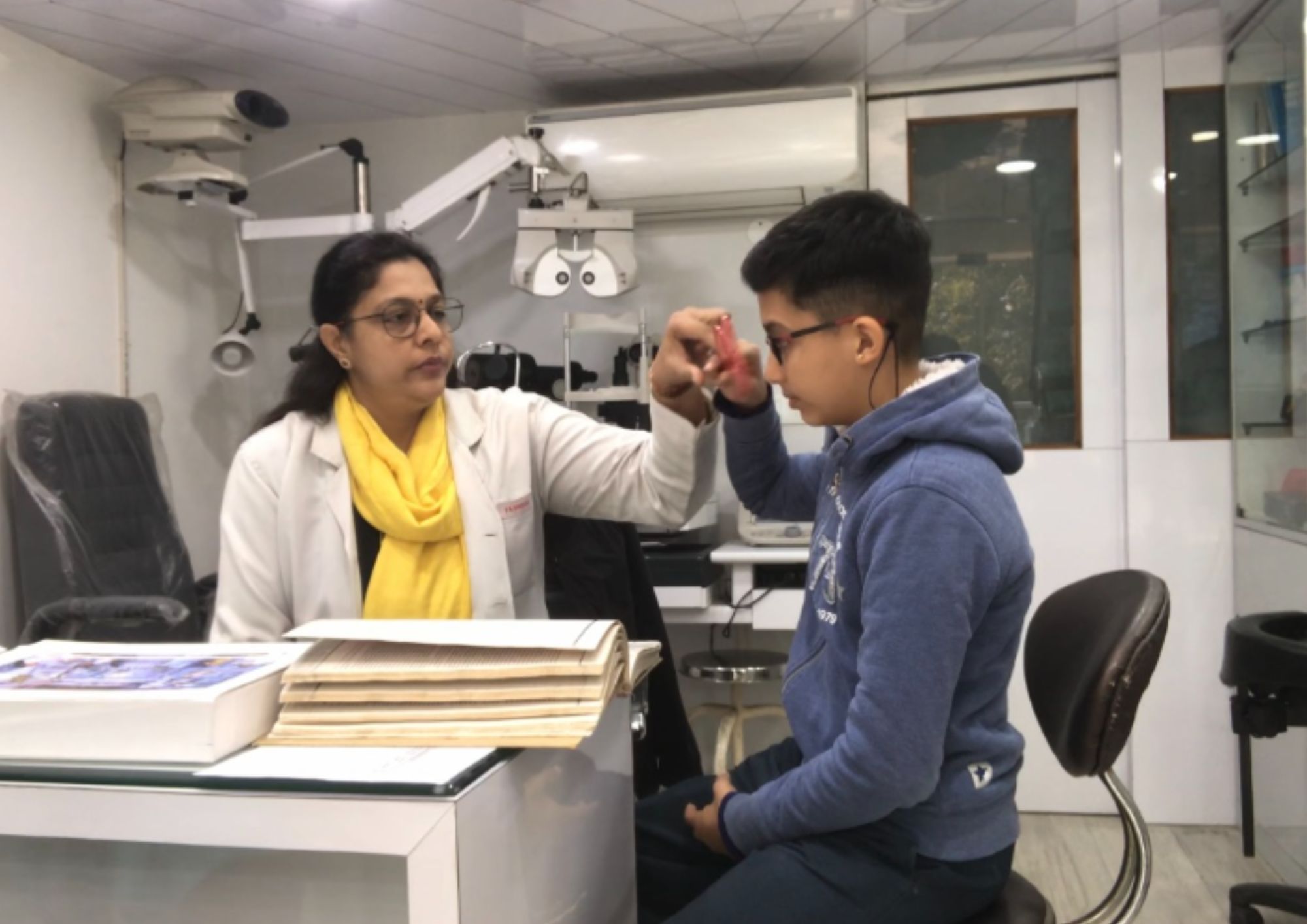Understanding the Different Eye Conditions Dealt With by Specialized Eye Care Professionals
In the world of eye care, specialized experts play an essential role in diagnosing and dealing with a large array of eye problems. From usual refractive mistakes that influence vision quality to age-related conditions that pose difficulties as we grow older, the know-how of these specialists prolongs to managing vision-threatening illness and complex corneal disorders. The complexities of neurological eye problems existing distinct difficulties that necessitate specialized care. As we start this exploration of the different eye problems attended to by specialized eye treatment specialists, it becomes evident that the complex internet of eye wellness holds a myriad of fascinating understandings waiting to be uncovered.
Typical Refractive Errors
Refractive mistakes are usual visual conditions triggered by a flaw in the eye's capability to properly focus light, resulting in blurred vision. One of the most widespread sorts of refractive errors consist of myopia (nearsightedness), hyperopia (farsightedness), astigmatism, and presbyopia. Nearsightedness takes place when the eyeball is as well lengthy or the cornea is also bent, creating far-off objects to show up fuzzy. Hyperopia, on the various other hand, happens when the eyeball is as well brief or the cornea is too flat, resulting in neighboring things running out emphasis. Astigmatism is identified by an irregularly designed cornea, resulting in altered or obscured vision in any way distances. Presbyopia is an age-related condition where the lens sheds its flexibility, making it hard to concentrate on close objects.
These refractive mistakes can be fixed via various techniques, consisting of spectacles, call lenses, or refractive surgical procedure. Eye treatment professionals play an essential duty in detecting and managing refractive errors to aid individuals accomplish clearer vision and improve their high quality of life.
Age-Related Eye Problems
One of the most widespread age-related eye conditions is age-related macular degeneration (AMD), a condition that causes main vision loss and can make tasks like analysis and driving tough. Cataracts, another usual condition among older individuals, create clouding of the eye's all-natural lens, leading to obscured vision. Normal eye exams with specialized eye treatment professionals are important for early detection and administration of these age-related eye conditions to preserve vision and keep eye health as people expand older.
Vision-Threatening Diseases
Vision-threatening illness include a range of serious ocular problems that have the potential to significantly impact a person's vision and overall visual function. These diseases posture a risk of permanent vision loss otherwise without delay detected and treated by specialized eye care specialists. Some usual vision-threatening illness consist of glaucoma, diabetic retinopathy, age-related macular degeneration (AMD), and retinal detachment.
Glaucoma is a team of eye conditions that damage the optic nerve, usually due to high intraocular stress, bring about field of vision loss and prospective loss of sight if left without treatment. Diabetic retinopathy is an issue of diabetes mellitus that affects blood vessels in the retina, triggering vision problems or loss of sight. AMD is a dynamic problem influencing the macula, leading to main vision loss. Retinal detachment occurs when the retina separates from its underlying tissue, leading to unexpected vision loss that requires prompt medical interest (refractive surgeries in al).
Early discovery, regular eye examinations, and prompt intervention are essential in taking care of vision-threatening illness to preserve vision and preserve lifestyle. Specialized eye treatment experts play an essential role in diagnosing, dealing with, and managing these problems to stop irreparable vision loss.

Corneal Conditions
Corneal conditions incorporate a range of conditions that influence the transparent front part of the eye, called the cornea. These problems can cause discomfort, aesthetic disruptions, and in serious cases, vision loss. One usual corneal condition is keratoconus, more tips here where the cornea thins and protrudes outward right into a cone form, creating astigmatism and blurred vision. Corneal dystrophies, such as Fuchs' dystrophy, lead to progressive vision loss because of abnormal deposits in the cornea. Corneal abrasions, commonly triggered by injury or foreign objects, can cause discomfort, redness, and level of sensitivity to light. Furthermore, infections like keratitis can irritate the cornea, potentially causing scarring and vision disability if not quickly treated. Treatment for corneal conditions differs relying on the details condition but may include medicines, contact lenses, or in serious instances, corneal transplants. Normal eye examinations are essential for very early detection and management of corneal conditions to protect vision and eye health.
Neurological Eye Problems
Neurological eye problems include conditions that influence the connection between the eyes and the mind, influencing visual processing and overall eye function. These problems can show up in numerous methods, influencing vision, eye movements, and even the coordination between the eyes. One usual neurological eye condition is optic neuritis, identified by swelling of the optic nerve causing vision loss, shade desaturation, and pain with eye movement.
Another substantial condition is nystagmus, where the eyes make repetitive, uncontrolled movements, affecting visual skill and deepness perception. In addition, conditions like amblyopia, frequently described as "lazy eye," result from uncommon visual growth in very early childhood years, resulting in decreased vision in one eye.
Neurological eye problems need customized treatment from professionals like neuro-ophthalmologists who have expertise in recommended you read both neurology and ophthalmology. Medical diagnosis commonly entails an extensive eye examination, imaging studies, and cooperation with specialists to attend to the underlying neurological issues impacting the aesthetic system. Therapy strategies can consist of medicine, vision therapy, or in serious situations, surgical treatments to take care of these complicated conditions effectively.

Verdict
To conclude, specialized eye care experts treat a vast range of eye conditions, consisting of typical refractive mistakes, age-related eye conditions, vision-threatening diseases, corneal conditions, and neurological eye problems - refractive surgeries in al. By recognizing these different conditions and seeking proper therapy from eye care specialists, people can keep optimum eye health and click to investigate vision. It is vital to focus on normal eye examinations and comply with advised therapy strategies to preserve and safeguard one's vision for the future